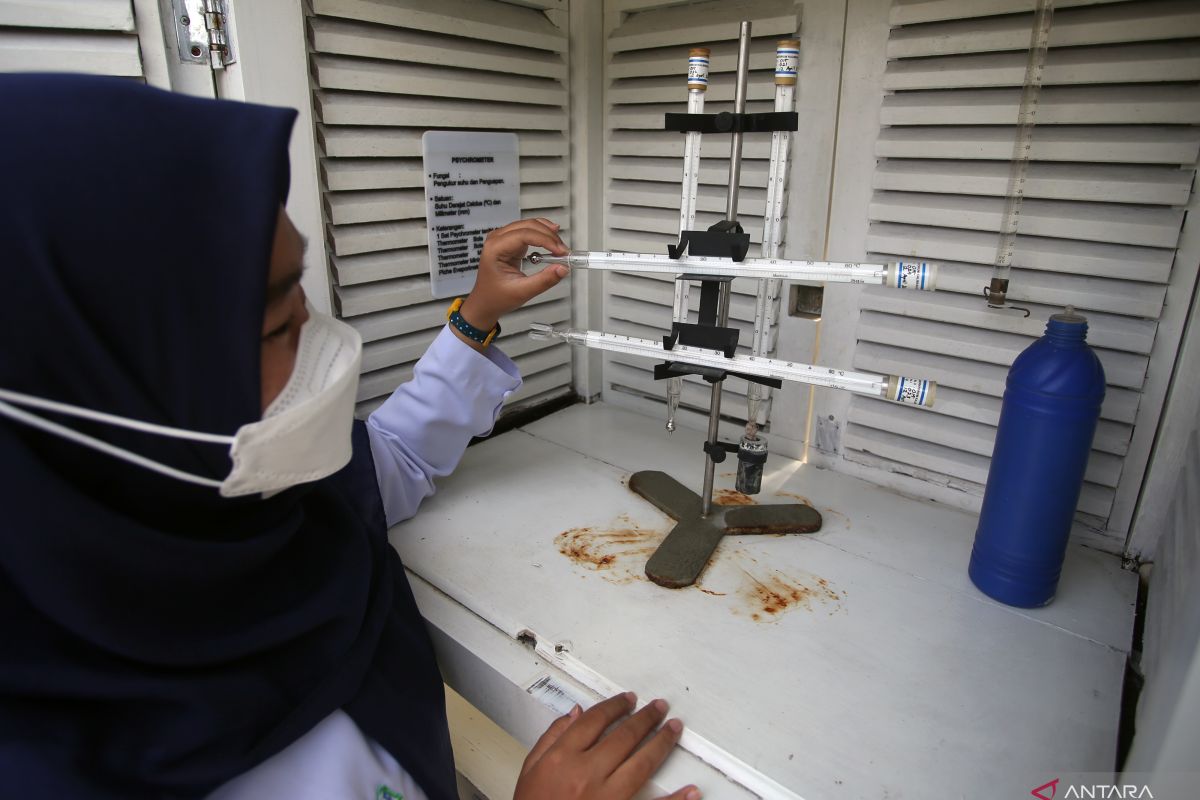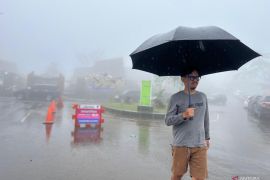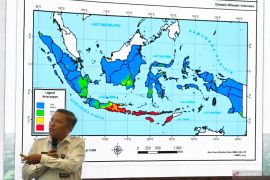An analysis of measurements taken from 92 BMKG stations over the past 40 years has shown an increase in surface temperature at varying rates, BMKG’s deputy for climatology, Urip Haryoko, informed.
In general, the trend of increasing surface temperature has been more pronounced in the western and central parts of Indonesia. The eastern part of Sumatra Island, the northern part of Java Island, Kalimantan, and northern Sulawesi have experienced an increase of more than 0.3 degrees Celsius per decade.
The highest rate of increase in surface temperature has been observed at Temindung Meteorological Station, East Kalimantan (0.95 degrees Celsius per decade), while the lowest rate has been recorded at the Sultan Muhammad Salahuddin Meteorological Station, Bima (0.01 degrees Celsius per decade).
Meanwhile, the surface air temperature in Jakarta and its surroundings has been increasing at a rate of 0.40–0.47 degrees Celsius per decade.
"From this analysis, the occurrence of hot air temperatures this time is indeed influenced by climatological factors (and) amplified by atmospheric dynamics on a regional scale and mesoscale. This is what causes the air to be hotter," Haryoko said in a written statement received on Tuesday.
The occurrence of high daily temperatures in Indonesia is often related to climate change, he noted.
Haryono said that any weather change does not directly relate to global warming or climate change. Climate change needs to be determined from a long series of climate data, not just based on a single change.
However, the trend of hot temperature events can be studied in a long data series, in terms of a change in pattern, both the magnitude of the heat and the frequency of occurrence.
BMKG assured that this does not include dangerous extreme conditions such as heatwaves, although people are still advised to avoid dehydration and maintain their health.
Related news: Dozens of swans, geese die in London as heatwave sparks botulism outbreak
Related news: Britain`s heatwave brings boom for tourism
Translator: Devi Nindy Sari R, Resinta S
Editor: Rahmad Nasution
Copyright © ANTARA 2022












